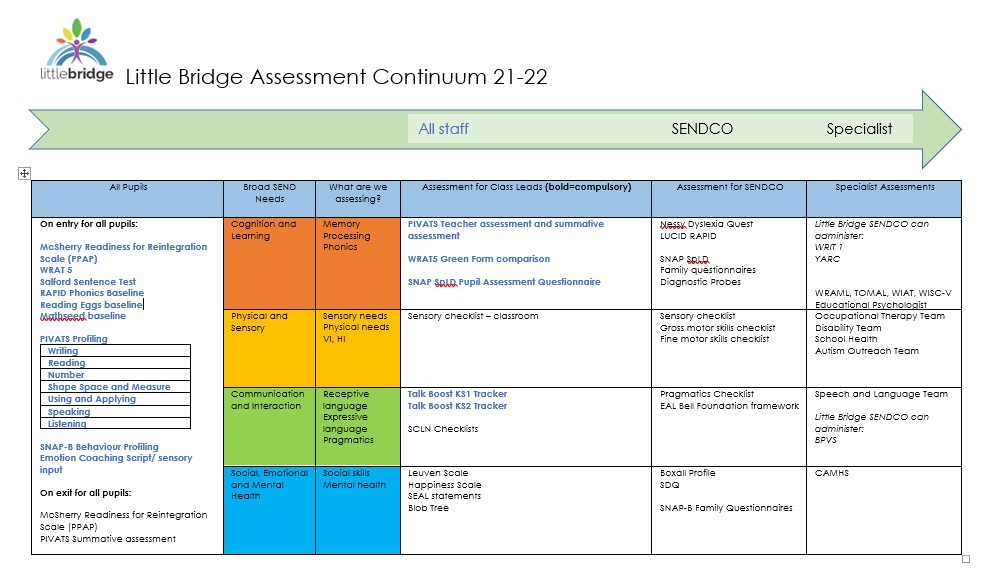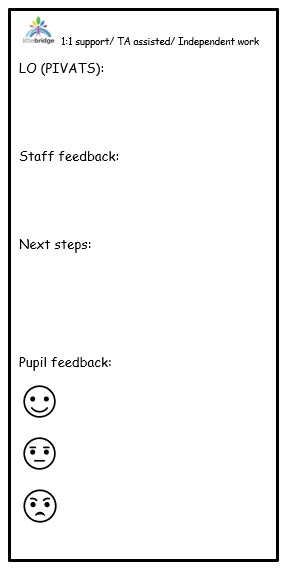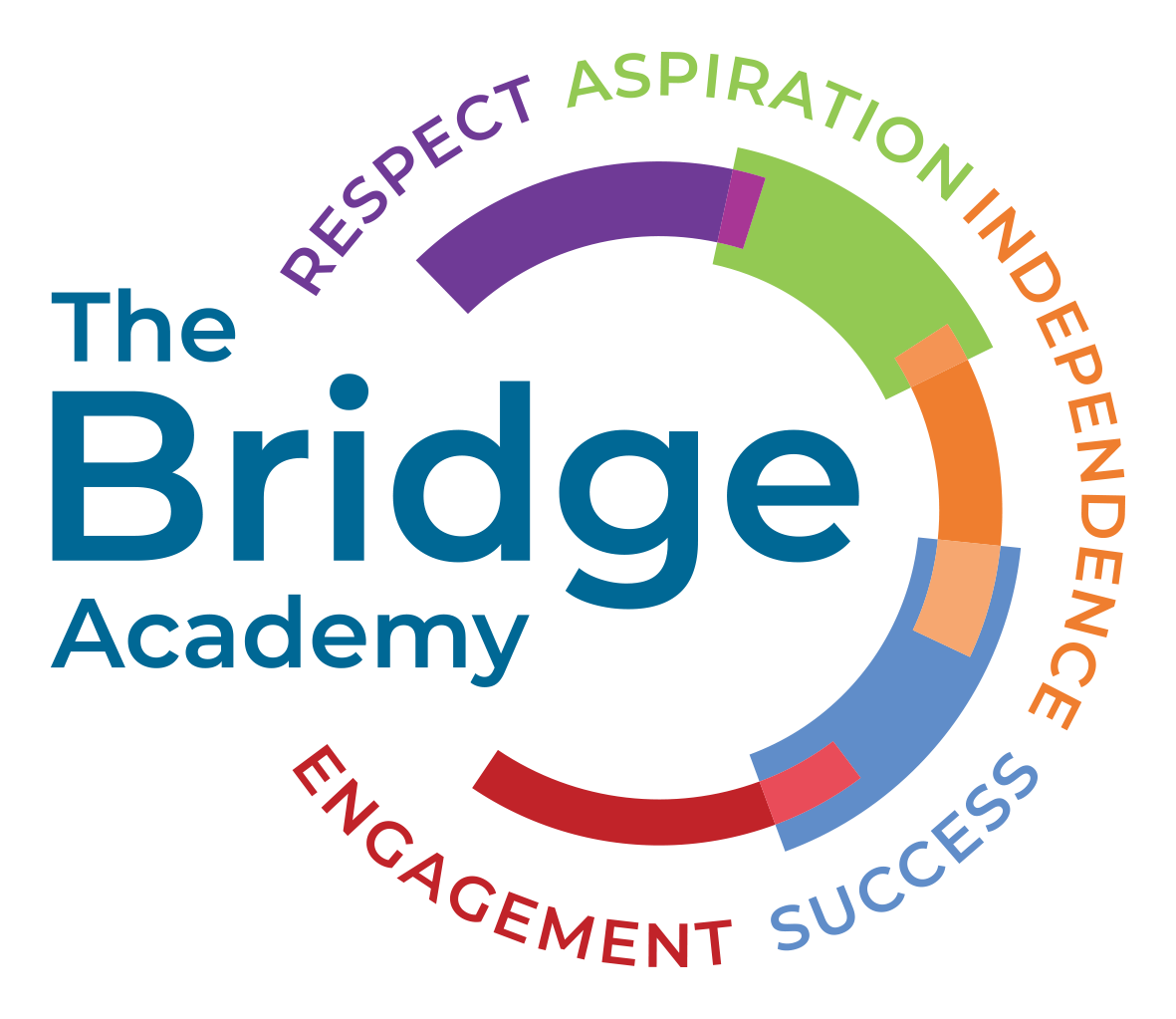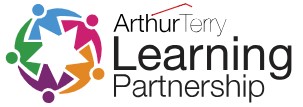Teaching and Learning Policy for Bridge Academy Primary
Introduction
At Bridge Academy Primary we believe in the concept of lifelong learning and the notion that learning should be a rewarding and enjoyable experience for everyone; it should be fun and accessible for all. Through our teaching we equip children with the skills, knowledge and understanding necessary to be able to make informed choices about the important things in their lives. We believe that appropriate teaching and learning experiences help children to lead happy and rewarding lives; our mission statement is ‘Championing Every Child’ and we take a flexible and creative approach to engaging our pupils with the learning process.
Aims and Objectives
This teaching and learning policy is intended to promote consistency and high standards and the achievement of the school aims. At Bridge Academy Primary we aim to provide a caring, supportive and stimulating environment with high quality teaching through which to foster the school values of ‘compassion’ ‘empathy’ and ‘empowerment’. We want our pupils to:
- Access an appropriate level of literacy and numeracy and a confidence to learn more each day
- Become independent young people who are confident, flexible and able to cooperate with others
- Use their imagination and creative expression through a wide range of play opportunities
- Become conscientious young citizens of our multi-cultural society who are tolerant and respect others’ values
- Have a pride in achievement and a desire to succeed
- Feel good self-esteem and equality of opportunity for all
Effective Learning
We acknowledge that people learn in many different ways and we recognise the need to develop strategies that allow all children to learn in ways that best suit them. The psychologist Howard Gardner identifies seven main areas of intelligence: linguistic, logical/mathematical, visual/spatial, kinaesthetic, musical, interpersonal/group working, and intrapersonal/reflective.
We consider these different forms of intelligence when planning teaching and learning styles. We encourage children to take responsibility for their own learning, to be involved as far as possible in reviewing the way they learn and to reflect on how they learn, what helps them learn and what makes it difficult for them to learn.
We always consider a pupil’s special interests and areas of confidence when planning the subject matter for our curriculum and we incorporate an approach to lesson delivery that meets the needs of a wide range of SEND.
Assessment:
Our principle approach to assessment is diagnostic – as a short stay provision we are keen to ensure that we fully understand the level that a pupil is working at for literacy, numeracy and speaking and listening. We use the PIVATS framework to assess and baseline new pupils and then to record small steps of progress.
We also use various other assessment tools to track and monitor pupils’ holistic progress as well as deploying psychometric tests and need-specific assessments where appropriate and to inform the EHC process:

We have high expectations of all pupils.
All staff establish positive working relationships with the children that they are teaching. We treat them fairly and give them equal opportunity to take part in class activities.
All staff follow the school policy with regard to behaviour and classroom management. We praise and reward children for good effort and, by so doing, help to build positive attitudes towards school and learning in general. We insist on good order and behaviour at all times.
Support staff are deployed in a variety of ways; sometimes they work with individual children and sometimes they work with small groups. Support staff are also fully involved in the delivery of support programmes such as interventions both in and out of the school day.
All teachers and HLTA’s reflect on their strengths and weaknesses and plan their professional development needs accordingly. We do all we can to support teachers and HLTA’s in developing their skills, so that they can continually improve their practice.
Marking
We believe in the importance of marking and feedback to pupils as it is key to rewarding pupil progress and achievement. Constructive feedback gives pupils the opportunity to learn and develop. Written feedback to pupils is regular and purposeful.
It is the responsibility of all staff to ensure:
- to ensure that all classwork is marked regularly using the Little Bridge feedback label
- to keep a record of marks achieved every six weeks onto pupil PPAPs
- to explain the marking system to pupils so that they understand their next steps
- to ensure that assessment information informs further curriculum planning
- the communication needs to be in a form which is comprehensible and clearly able to be understood by the individual student
Little Bridge Feedback Label:





